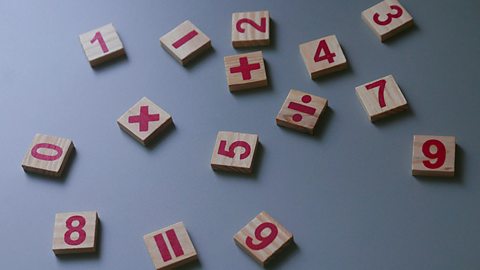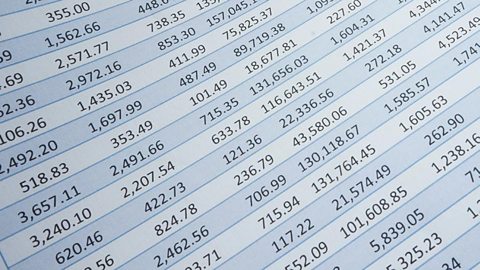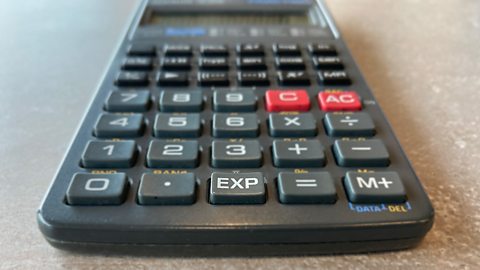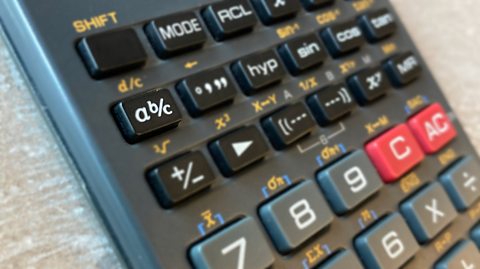Number
Whole numbers - Edexcel
Numbers can be written in words. Both positive and negative numbers can be added, subtracted, multiplied and divided using rules. These rules must be applied in a specific order.

Approximation - Edexcel
Approximation includes estimation, rounding to powers of 10, decimal places and significant figures.

Decimals - Edexcel
Decimals are used every day, for example, when using money. Knowing how to use decimal points and places when adding, subtracting, dividing and multiplying is an important mathematical skill.

Multiples and factors - Edexcel
Prime numbers, factors and multiples are essential building blocks for a lot of number work. Knowledge of how to use these numbers will improve arithmetic and make calculations more efficient.

Standard form - Edexcel
Calculations with very big or small numbers can be made easier by converting numbers in and out of standard form.

Laws of indices - Edexcel
Indices are used to show numbers that have been multiplied by themselves. They can be used instead of the roots such as the square root. The rules make complex calculations that involve powers easier.

Fractions - Edexcel
Fractions are used commonly in everyday life, eg sale prices at 1/3 off, or recipes using 1/2 a tablespoon of an ingredient. Knowing how to use fractions is an important mathematical skill.

Converting between fractions, decimals and percentages - Edexcel
Fractions, decimals and percentages are frequently used in everyday life. Knowing how to convert between them improves general number work and problem solving skills.

Surds - Higher - Edexcel
Surds are numbers left in square root form that are used when detailed accuracy is required in a calculation. They are numbers which, when written in decimal form, would go on forever.

Financial mathematics - Edexcel
Financial maths is needed for all jobs, from calculating wages to working out profit, loss and VAT. Knowledge of financial maths is also required to be able to understand bank statements and savings.

Links
- External linkExternal link
- SubscriptionSubscription
- External linkExternal link
- External linkExternal link
- External linkExternal link